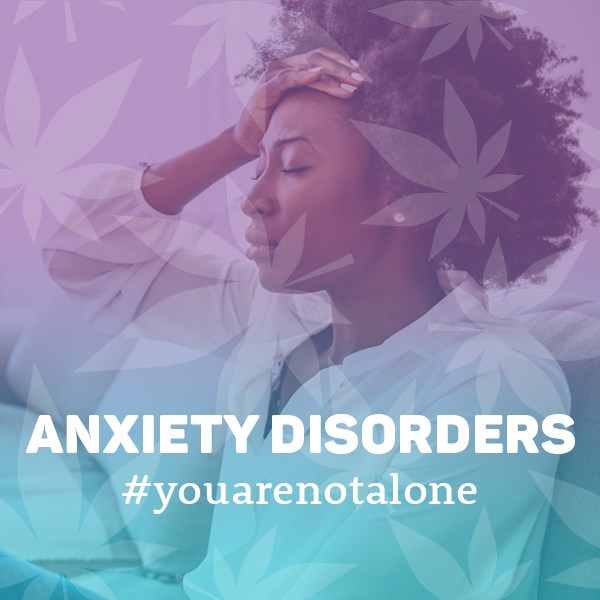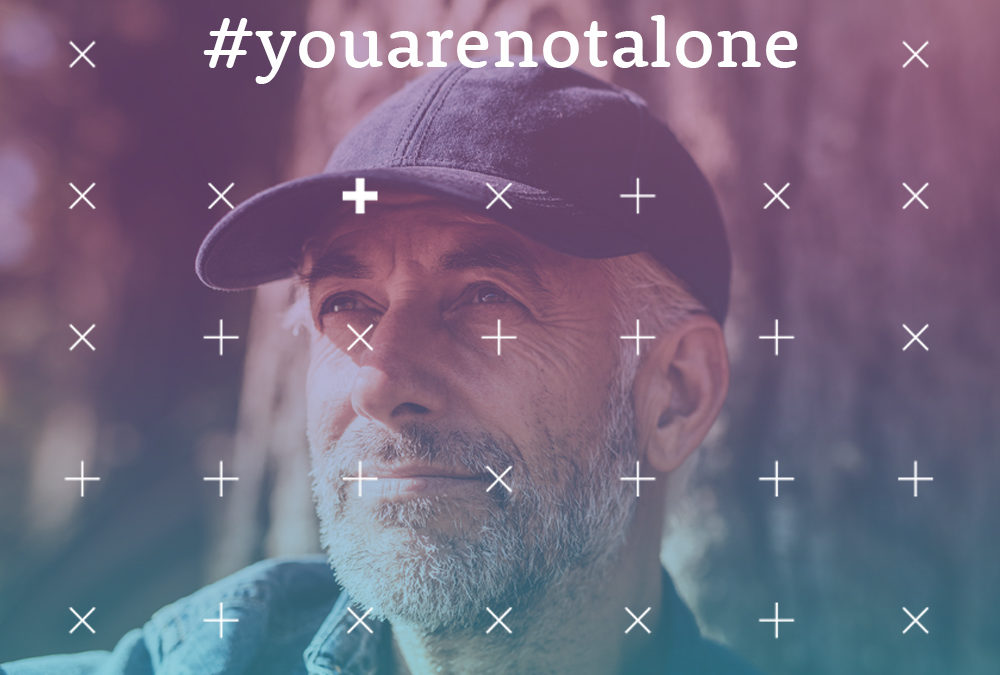Since it was signed into law in April 2016, the Commonwealth of Pennsylvania’s Medical Marijuana Program has grown rapidly, with more than 580,000 patients and caregivers and 128 operational dispensaries participating in the program to-date. Our new monthly newsletter series, the Prospective Patient Perspective, offers educational information for program newcomers to help demystify the available medical marijuana products in the market. But we hope that this resource will benefit all qualified patients at any knowledge level.
Indoor spaces are continuing to re-open this summer as PA’s mandatory mask mandate is lifted. This reopening comes with a range of emotions – besides excitement and relief is uncertainty about when and where to still wear masks, discomfort about returning to a now hybrid workplace, and more. For PA residents living with anxiety disorders, the return to public spaces might mean a resurgence of social anxiety and emotional duress.
Today’s edition of our Prospective Patient Perspective will explore how medical marijuana may potentially provide relief for patients living with this qualifying condition – even beyond this period of transition. Read on to meet hypothetical patient “Carmen,” and learn about her options for potentially relieving anxiety symptoms and restoring her quality of daily life with medical marijuana.
Meet Carmen: Carmen’s voice shines through with clarity and confidence in the pages of her writing. She has been a prolific writer since her days as an undergraduate student and the thesis she has been developing in the next step of her academic career has been an opportunity to stretch herself even further as a critical thinker. Throughout the COVID-19 pandemic, Carmen and her peers have been studying remotely. As the new academic year approaches, she won’t just be transitioning to grad school, she will also be transitioning from video call workshops and email threads to in-person campus spaces. For Carmen, this return to in-person activities triggers the return of her social-onset anxiety symptoms.
The National Institute of Mental Health defines anxiety conditions as “excessive anxiety or worry” that may “cause significant problems in areas of [a patient’s] life, such as social interactions, school, and work.” With the first day of class marked on her calendar, Carmen is already anticipating the impacts this change will have on her daily life: intense difficulty concentrating and vocalizing during group discussions, racing heart and breathlessness during the train rides to and from campus, excessive worry the night before a presentation that leads to sleeplessness and fatigue throughout the week.
For Carmen and the over 40 million Americans living with anxiety disorders, the mental and physical impacts of their condition are real – even when they’re not visible to others. This summer, Carmen is taking a proactive step toward well-being by seeking certification for a medical marijuana card. She hopes that joining the PA medical marijuana program will help her experience the same presence and relief in her everyday life that she does in her writing.
Meeting Carmen’s Physician: The process of getting certified in the program itself may be a stressful barrier to care for patients living with anxiety disorders. Carmen may experience fear about sitting in a waiting room of strangers before her appointment with a qualified medical marijuana physician. She may even experience anxiety symptoms in real-time, when discussing the personal details of her mental health condition in the unfamiliar setting of a new medical practitioner’s office.
Fortunately, Carmen can explore opportunities to connect with a doctor to become certified in the PA medical marijuana program through telehealth platforms. These secure, virtual certification appointments can be helpful for patients who may find in-person office visits inaccessible due to their physical or mental conditions. Remote patient-practitioner consultations to certify a medical marijuana patient were originally put in place to adapt to the rapidly-changing climate of the COVID-19 pandemic. Since then, the Department of Health has permanently instituted telehealth certification and virtual registration via Act 44 in order to better accommodate all patients’ needs.
Meeting Carmen’s Medical Needs: Because symptoms of anxiety may affect Carmen in a variety of ways, her medication needs may differ from day-to-day. Carmen, as well as Pennsylvania patients registered under any condition, are highly encouraged to consult the pharmacist or Patient Care Consultant (PCC) at their local dispensary to determine which products may benefit their unique biology and medical needs.
For example, Carmen may be interested in CBD – the most abundant non-psychoactive cannabinoid in cannabis and a widely discussed potential option for alleviating anxiety-related symptoms. This is because CBD does not produce a “high” and may interact with vanilloid receptors, which manage the body’s response to stimuli such as pain and inflammation, to reduce stress.
In addition to CBD-rich strains, Carmen may also explore medical marijuana products with caryophyllene content. This spicy terpene, also found in black pepper and basil, has been observed to produce an anti-anxiety effect by interacting with CB2 receptors in the body. Our exclusive Grower’s Select strain Cthulhu #43, the prime Sour Garlic pheno, contains both caryophyllene and linalool- a terpene that is also found in lavender and may potentially produce a calming effect.
For more information on our prime-grown products, follow our Instagram at prime.wellness.


